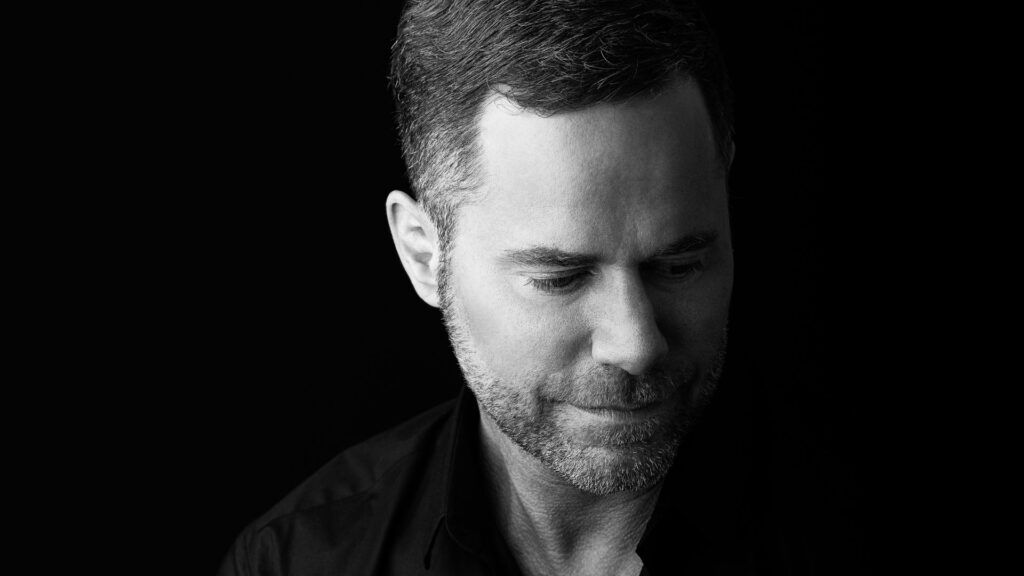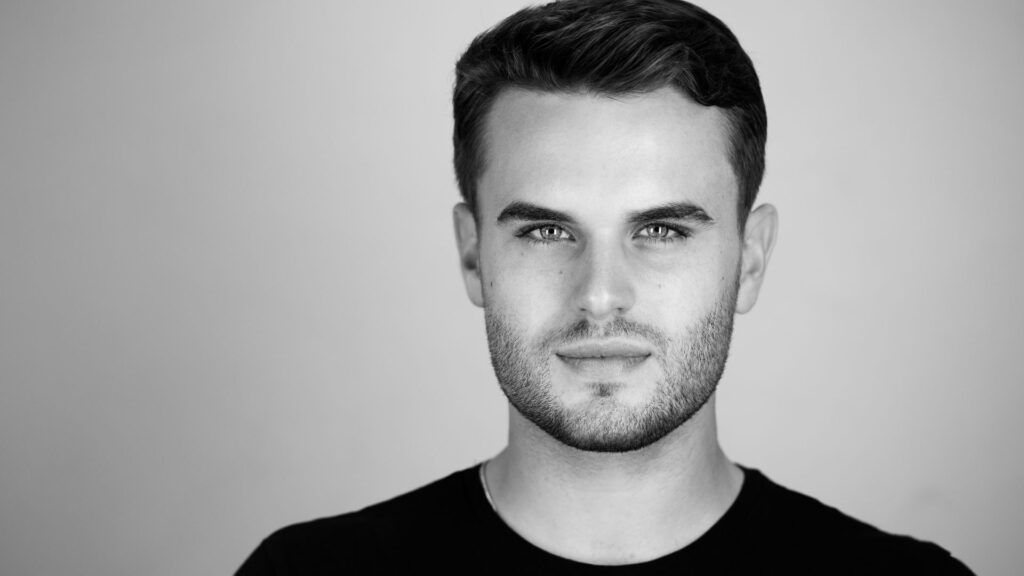Hair loss is a common phenomenon that affects millions of people worldwide. Despite this condition’s prevalence, many myths and misconceptions surround it. It can be particularly frustrating for those who experience it since the confusion piles onto the doubts and apprehensions that patients already deal with. Therefore, in this publication, we look to address the top five myths surrounding hair loss to help you streamline your treatment decisions.
Myth 1: Hair Loss Only Affects Men
Although we have addressed this many times in our previous publications, it remains among the commonest misconceptions. Hair loss doesn’t only affect men. As a matter of fact, it is just as common in women as it is in men. Up to 50% of women experience some degree of hair loss in their lifetime.
The biggest reason this myth persists is because men tend to experience a more noticeable and rapid form of hair loss called androgenetic alopecia or male pattern baldness. This is caused by a genetic predisposition to the hormone dihydrotestosterone (DHT), which can shrink hair follicles and cause them to produce thinner, weaker hair strands over time. On the other hand, women are more likely to experience hair loss caused by various factors, including hormonal changes, stress, and nutritional deficiencies.
Myth 2: Wearing Hats Causes Hair Loss
While it is true that wearing a tight-fitting hat for prolonged periods can lead to hair breakage and damage, it does not cause hair loss. Hair loss is caused by factors that affect the hair follicle, such as genetics, hormonal imbalances, and autoimmune disorders.In fact, wearing a hat can protect your hair from damage caused by the sun, wind, and other environmental factors. Just be sure to choose a hat that fits well and is made of a breathable fabric to avoid trapping heat and sweat against your scalp.
Myth 3: Cutting your Hair Frequently Makes it Grow Faster
Many people believe cutting their hair frequently will make it grow faster, but this is a myth. While cutting your hair can make it appear healthier and thicker by removing split ends and preventing breakage, it does not affect the rate at which your hair grows. Hair growth is determined by genetics and hormonal factors and varies from person to person. On average, hair grows about half an inch monthly or six inches yearly. So, if you’re trying to grow your hair, it is important to be patient and focus on maintaining a healthy scalp and hair care routine.
Myth 4: Stress is the Only Cause of Hair Loss
While stress can certainly contribute to hair loss, it is not the only cause. Various factors, including genetics, hormonal imbalances, nutritional deficiencies, medications, and autoimmune disorders, can cause hair loss. Stress can cause hair loss by disrupting the normal hair growth cycle, leading to increased hair shedding. This type of hair loss is known as telogen effluvium and is usually temporary. Once the underlying cause of the stress is addressed, hair growth will typically return to normal.
Myth 5: Hair Loss is Always Permanent
Hair loss is not always permanent and can be reversed or treated in many cases. The key to treating hair loss is identifying and addressing the underlying causes through lifestyle changes, medications, or other therapies. For example, male pattern baldness can be treated with medications like finasteride or minoxidil, which can sometimes slow or even reverse hair loss. Women with diffuse hair loss may benefit from hormonal therapies or nutritional supplements to address underlying imbalances or deficiencies. In some cases, hair transplant surgery may be an option for those with significant hair loss. This involves taking hair follicles from a donor site on the scalp and transplanting them to the balding areas.
Parting Words
At L&P centre for hair restoration, we are committed to educating our patients about hair loss just as much as we are to treating their medical condition. Our hair loss professionals Dr. Liebermann and Dr Parikh bring well over a decade of experience in the consultation process. Their patient-centric approach to consultation enables patients to make decisions that relieve them of the stress of dealing with hair loss. Drop us an email or call (650) 332-8105 today to book your consultation!






